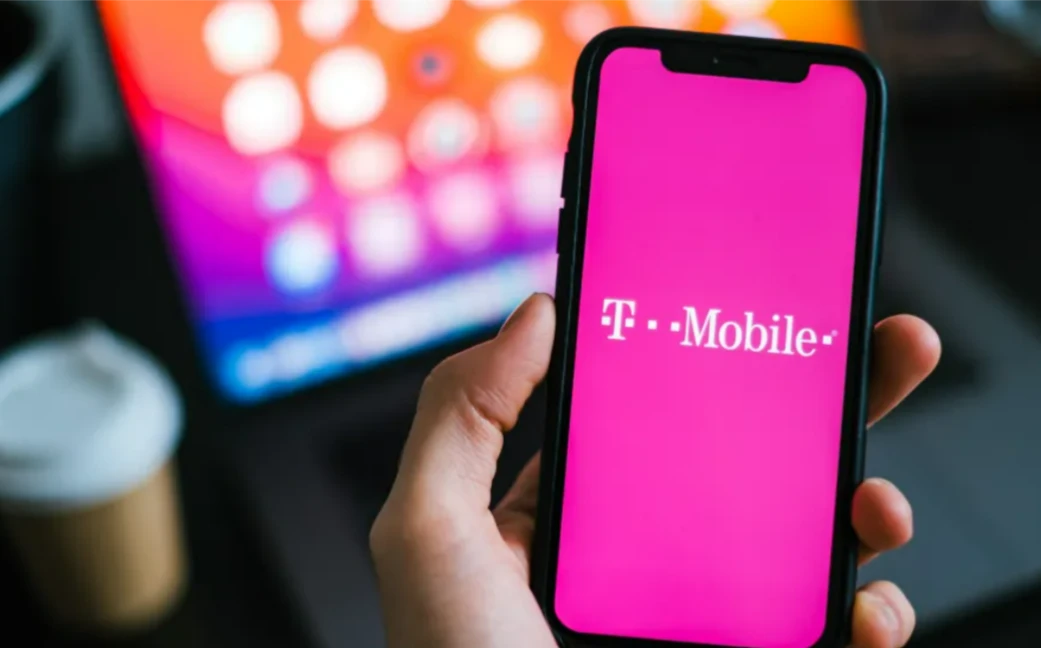The personal data of 37 million people was exposed in the latest data breach against T-Mobile, how does it affect people?
About 37 million T-Mobile customers were exposed when their personal data was leaked after a major incident. Affected customers receive postpaid and prepaid service, sources close to the events assured.
The data breach was identified by T-Mobile in January 2023, after it occurred last November. These personal data make users vulnerable to any scam attempt.
The data that was stolen from the T-Mobile network includes customer names, billing addresses, email addresses, dates of birth, phone numbers, plan type and T-Mobile account number, to name a few. .
“Our investigation is still ongoing, but the malicious activity appears to be fully contained at this time,” were T-Mobile’s statements to its users, who have been notified about the data leak.
Identity theft is an increasingly common and worrisome problem among Americans. Only the official data from the 2021 count speaks of 1,862 data breaches at that time.
In the entire history of T-Mobile, they have hacked their network five times from 2018 to the present. The company has made it clear that while critical customer information was stolen, their Social Security numbers and credit card numbers remain confidential, as this data was not obtained by hackers.
What can they do with your data?
Personal details are valuable information for scammers, who will try many ways to get you to fall in order to steal your money.
One of these ways is the phishing scam, which is made up of a link, so that, upon reaching the customer, it manages to steal bank and/or Social Security information and with this they can commit fraud.
They can also open credit accounts in your name. It does not hurt to hire some type of extra protection for the credit products that you manage. Ask for weekly credit reports so that you are more sure of the movements.
If they contact you and pretend to be your bank, it is important that you do not give any personal information and better, go directly to a branch to attack the problem and rectify if they request any type of information.
In the event of any suspicion, it is best to cut off communication, whether by phone, text message, email or even through social networks.

